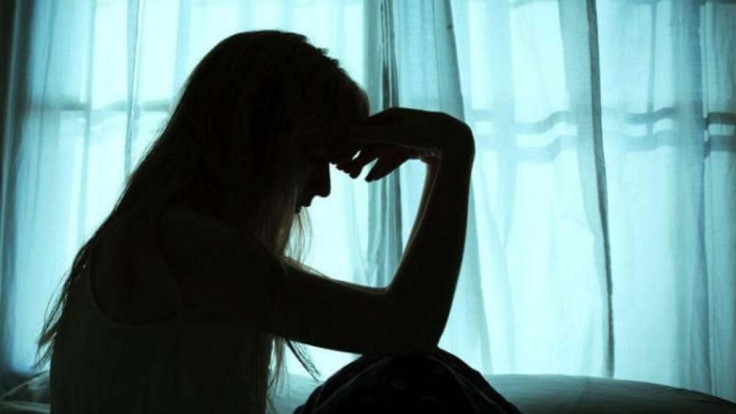Young women seeking mental health help in the UK labelled 'dramatic'
Women seeking mental health help were told their issues could be hormonal while or that they were simply "overthinking things".

Figures from the Office for National Statistics (ONS) show suicide rates among women under the age of 25 in the UK are increasing with an average of one female taking their own life every two days and in a YouGov survey, a fifth of young women seeking help for their mental health were dismissed as just being "dramatic".
The survey findings reveal that a significant number of these women have been subjected to dismissive and derogatory labels being used to undermine their legitimate concerns. Mental health experts and advocacy groups are now raising concerns about the potential consequences of such harmful attitudes.
The survey, commissioned by the suicide prevention charity Campaign Against Living Miserably (CALM), gathered responses from over 2,000 young women who sought help from mental health professionals regarding their experiences with mental health crises such as panic attacks or manic depression over the past five years.
The survey found that 27 per cent of the women respondents were told their issues could be hormonal while a third said they were asked if they were "overthinking things."
Furthermore, 22 per cent of the women feared that they were being seen as "attention-seeking" with 20 per cent of them reportedly asking if they were on their period.
The consequences of dismissing young women's mental health concerns are far-reaching. Without appropriate support, these individuals may experience a deterioration in their mental well-being, leading to more severe conditions and potential crises.
Additionally, the stigma attached to seeking help may perpetuate a culture of silence, preventing other young women from seeking assistance and hindering efforts to improve mental health outcomes.
Advocacy groups are calling for urgent action to address this issue. They emphasise the need for mental health awareness campaigns targeting young women, their families, and healthcare providers to promote understanding and empathy.
Proper training for healthcare professionals and the implementation of robust guidelines to ensure respectful treatment of individuals seeking mental health support are also being demanded.
Simon Gunning, Calm's chief executive, released a statement addressing the startling suicide statistics for young women: "These are shocking and serve as a stark reminder that we need to do more to protect young people and make suicide prevention a national priority.
"Our research shows that even when they do speak up, young women's feelings and symptoms are frequently dismissed and ignored – often disregarded as over-emotional, hormonal or attention-seeking. These damaging preconceptions are leaving young women unheard and unsupported and lives are at risk like never before."
Gunning further added: "We must take immediate action and strive to overcome the stigma that hinders women from receiving the recognition they deserve during times of crisis. By providing them with the necessary support, we can ensure that no woman has to face her struggles alone."
Nationwide charity Changing Lives has also reported that the "triple shock" of COVID-19, austerity and high cost of living has caused a 15 per cent increase in premature deaths of women in North East England.
Experts and local authorities are now calling for urgent action to address the staggering increase of vulnerable women in North East England who were found to be 1.7 times more likely to die early as a result of suicide, addiction or domestic murder than women living in England and Wales as a whole.
Despite progress in recent years, the stigma surrounding mental health still persists in society. This stigma can prevent individuals from seeking help, leading to delayed intervention and worsening conditions. Raising awareness about mental health and reducing stigma are crucial steps towards encouraging people to seek support.
Collaboration between the NHS, local authorities, community organisations, and mental health charities can enhance the effectiveness and reach of mental health support networks. Following several NHS strikes, the government have invested more than £1 billion in Occupational Health services to avoid further economic inactivity among employees.
© Copyright IBTimes 2025. All rights reserved.






















